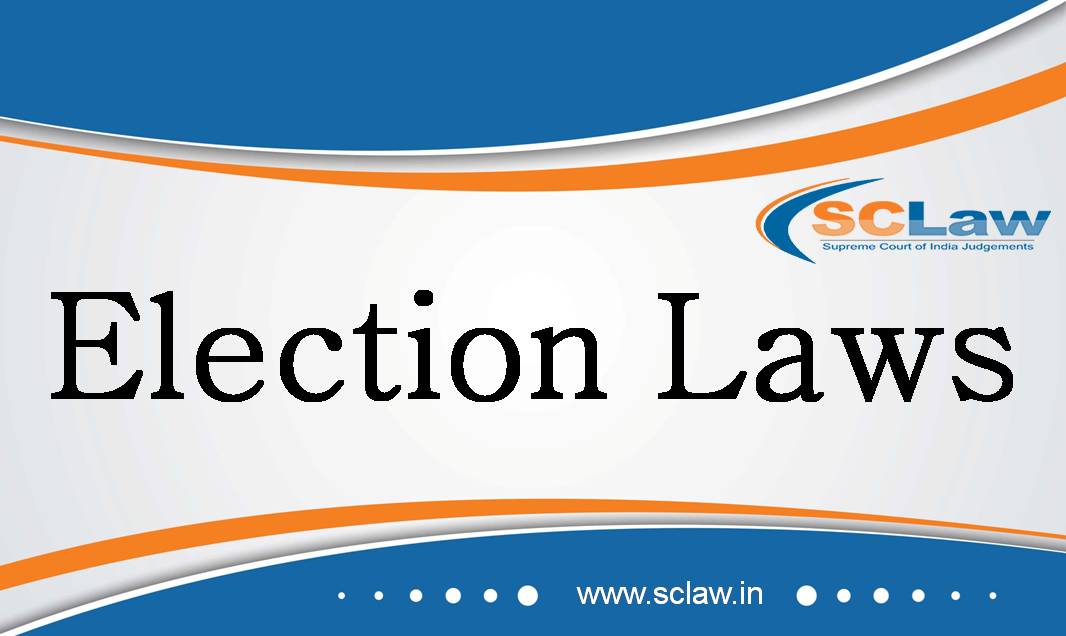Representation of People Act, 1951 – Sections 81, 83 and 86 – Conduct of Election Rules, 1962 – Section 94A – Dismissal of election petition – Appeal against – Non-submission of Form 25 would not lead to the dismissal of election petition – This was a curable defect and the learned Judge trying the election petition ought to have granted an opportunity to the appellant to file an affidavit in support of the petition in Form 25 in addition to the already existing affidavit filed with the election petition – Non-submission of Form 25 would not lead to the dismissal of the election petition – Appeal allowed.
SUPREME COURT OF INDIA DIVISION BENCH A. MANJU — Appellant Vs. PRAJWAL REVANNA @ PRAJWAL R AND OTHERS — Respondent ( Before : Sanjay Kishan Kaul and M.M. Sundresh, JJ.…


